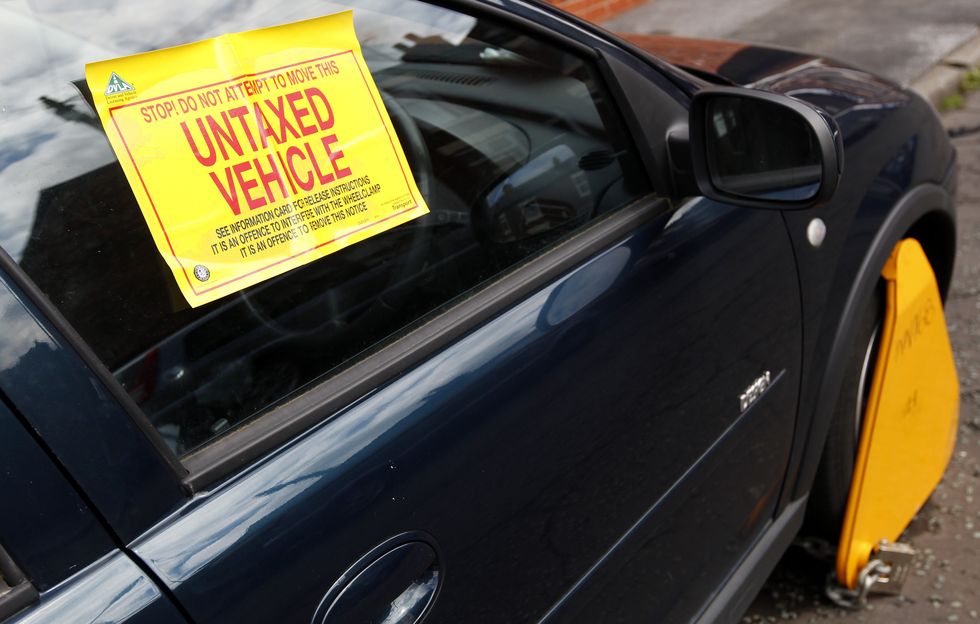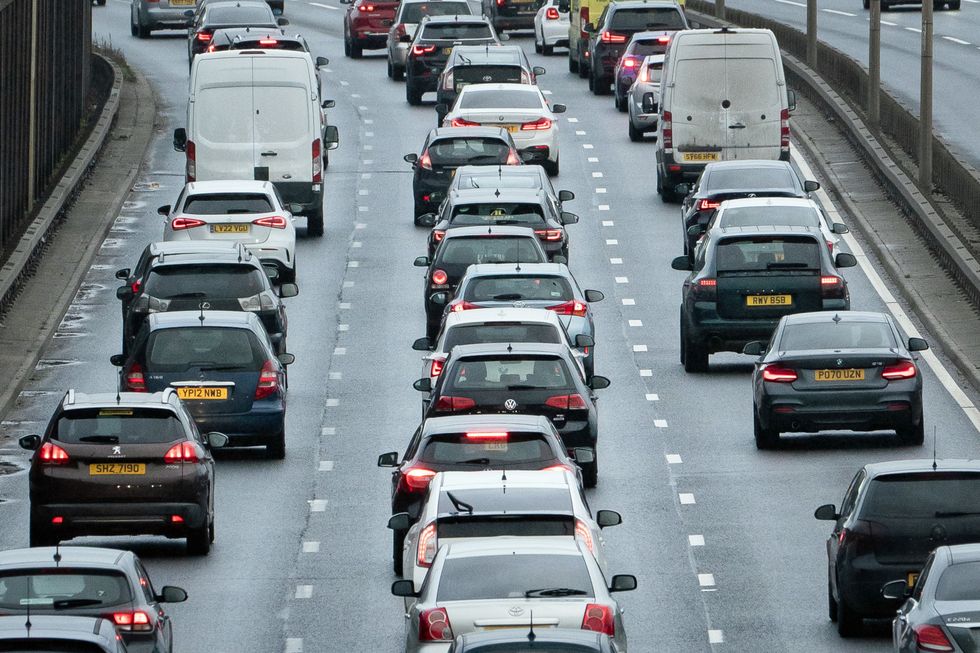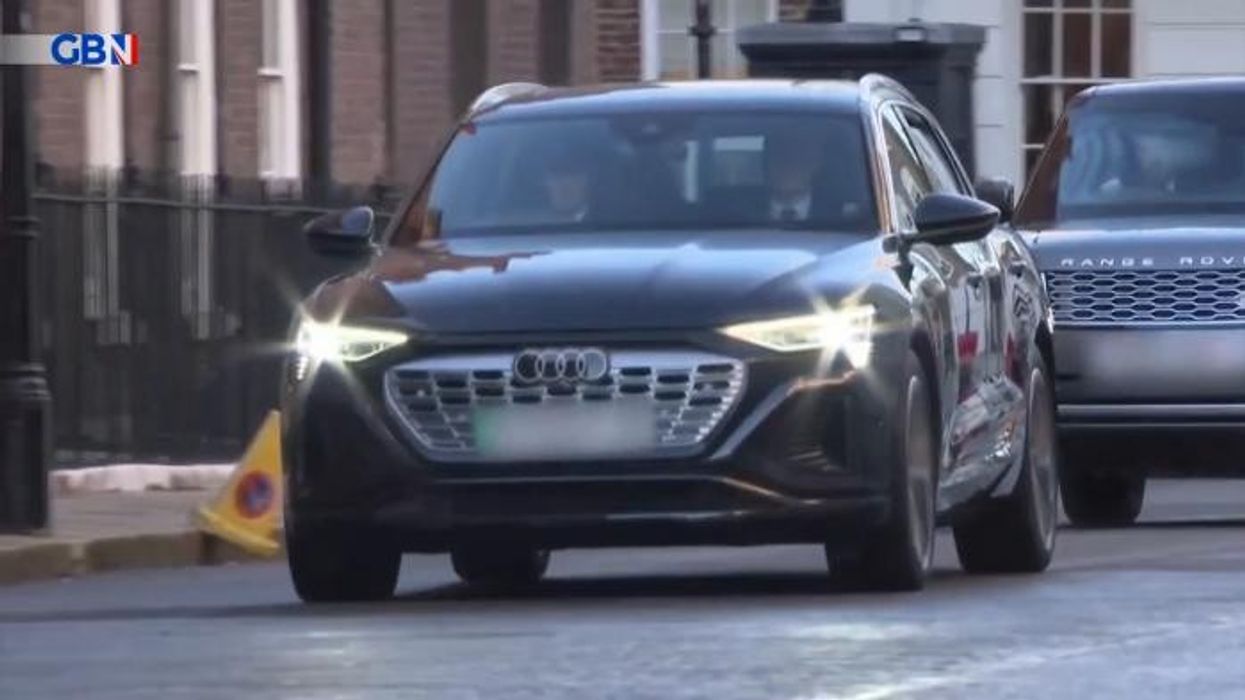Car tax changes needed to pressure petrol and diesel drivers to switch to electric as AA calls for new rules
AA warned about risks for taxing electric vehicles as driver will shy away from buying them
Don't Miss
Most Read
Trending on GB News
Experts have called for major car tax changes to help drivers who are struggling after a hike in costs and the ongoing cost of motoring crisis.
Vehicle Excise Duty rates increased at the beginning of April to fall in line with inflation, meaning that drivers saw their prices increase, with some having to fork out around £140 more every year.
The hike was first announced during last year’s Autumn Budget with Chancellor Jeremy Hunt revealing it would be necessary to combat inflation.
The new VED rates mean cars registered on or after April 1, 2017, and emit between 76 and 90g/km will see prices rise from £130 to £135.
Do you have a story you'd like to share? Get in touch by emailingmotoring@gbnews.uk

The AA has called for major car tax changes to be introduced
PAVehicles that have been registered more recently and have emissions output rates of over 255g of CO2 will see first-year taxes rise by £140 to a total of £2,745.
However, the AA is now arguing that electric vehicles should have lower tax thresholds than petrol and diesel cars to help incentivise drivers to make the switch.
Electric vehicles are still exempt from paying VED, although they will begin to be charged from next April, which has been met with criticism from experts and drivers.
The AA warned that drivers who switch to EVs will be off put by the incoming taxes next year and could prevent people from purchasing one.
The move to get more EVs on the ground has been making steady progress, but car manufacturers have warned that the Government needs to introduce more incentives to encourage drivers to buy one or too few will move away from fuel.
The AA suggested that another way for the Government to boost uptake is by introducing zero per cent loans on used EVs (as in Scotland), as well as unveiling scrappage schemes to help drivers earn money for moving to electric.
Another idea by the motoring organisation includes reducing VAT for on-street charging from 20 per cent to match VAT for home charging at five per cent.
The AA explained: “Drivers will need to be supported with the right incentives, and reassured that we’ve made significant progress on infrastructure, to make the shift possible.”
The call for tax changes comes as recent AA data found that 67 per cent of members were concerned about taxes increasing following an impending General Election.
A further 87 per cent said they oppose any increased taxes on petrol and diesel cars as a result of the push for EVs.
During the Budget announcement this year, Hunt extended the fuel duty freeze until 2025, meaning drivers could continue to save up to £50 annually, but motorists warned this is not enough to help offset cost hikes.
The AA stated that the Government needs to retain the current freeze on fuel duty beyond 2025 as global prices remain volatile and any increase will hit individuals, businesses and fuel inflation.
LATEST DEVELOPMENTS:
- Driving law changes set to launch in Wales after mass criticism of 'anti-driver' 20mph speed limits
- M25 closure: Drivers warned of 'even worse' delays as motorway detour set to take 'twice as long'
- Drivers vow to boycott Asda over switch to cashless petrol stations - 'Don't lose your cash, use your cash!'

Electric cars will start being taxed from April 2025
Since being introduced in 2022, the Government is estimated to have spent £15billion on the scheme, helping save the average motorist £250 at the pumps.









